If you’re a pet owner, you know that dogs can get into just about anything. And when it comes to food, they can tend to try and get into the spice cabinet.
Unfortunately, this can have disastrous consequences for your pup. Eating spicy food can cause digestive upset, vomiting, and even more severe health issues.
That’s why it’s important to know what to do if your dog eats spicy food. This guide will discuss the steps you should take to ensure your pup’s health and safety.
I’ll go over how to identify the signs that your pup has eaten something spicy, what to do immediately, and how to prevent this from happening again.
So keep reading to learn all you need to know about what to do if your dog eats spicy food.
What to do in the immediate aftermath of your dog eating spicy food
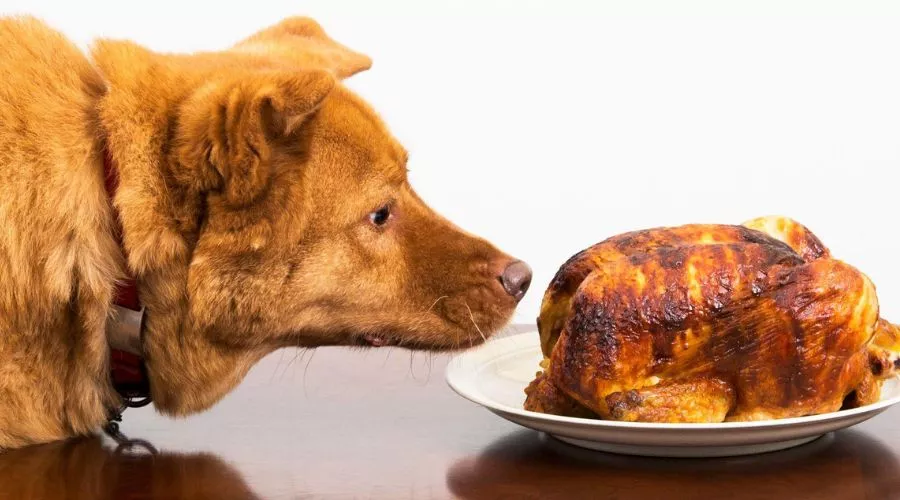
If you believe your dog has eaten spicy food, it’s essential to act quickly. The sooner you can treat the symptoms, the less severe they are likely to be. The first thing you want to do is remove the source of the spice.
If your dog ate a spicy food item, you’d want to remove it from its mouth. If your pup chewed on a spice jar, you’d like to close it off as best you can.
There are a few ways you can go about doing this. One option is to use a paper towel to wipe the food item off your dog’s tongue and teeth.
Make sure to hold your dog’s mouth closed and keep their lips closed. Alternatively, you can use milk or water mouthwash to remove the spice from your dog’s mouth. Water is essential to combat the burning sensation in your dog’s mouth.
Milk is also an excellent choice: it provides a cooling sensation and coats your dog’s throat and mouth.
How to prevent your dog from eating spicy food in the future
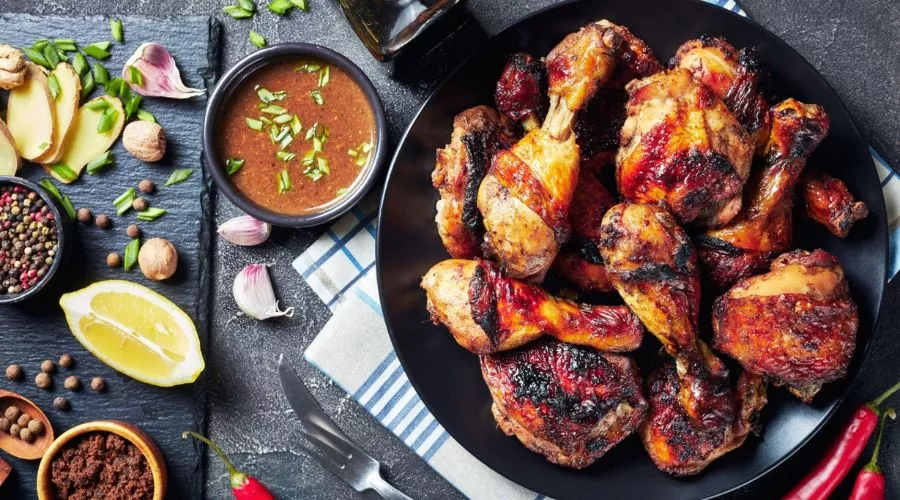
If your dog has eaten spicy food, it’s important to take steps to prevent this from happening again. You’ll want to ensure that: If your dog is teething, you’ll also want to ensure that they aren’t chewing on spicy things.
You can also do a few things to prevent your pup from getting into the spice cabinet. You can lock the cabinet or put it on a table your dog can’t reach. You can also ensure that your dog has plenty of toys to chew on.
You’ll also want to ensure that you’re keeping an eye on your dog’s diet. This means paying attention to the ingredients in their food.
When to seek medical attention for your pup’s

If your pup has eaten spicy food and is experiencing significant symptoms, it’s wise to seek medical attention.
This is particularly true if your dog has eaten a lot of spicy food or hot peppers. If your dog has eaten peppers, you’ll want to get them help as soon as possible, as this is the most challenging situation.
If you’re unsure what to do, it’s best to call your vet’s office. Your veterinarian will be able to let you know whether or not your pup needs to be taken to a hospital. Keep in mind that many hospitals don’t take dogs.
If your vet recommends that you take your dog to the emergency room, be sure to ask if a facility takes dogs.
Tips for calming an upset stomach
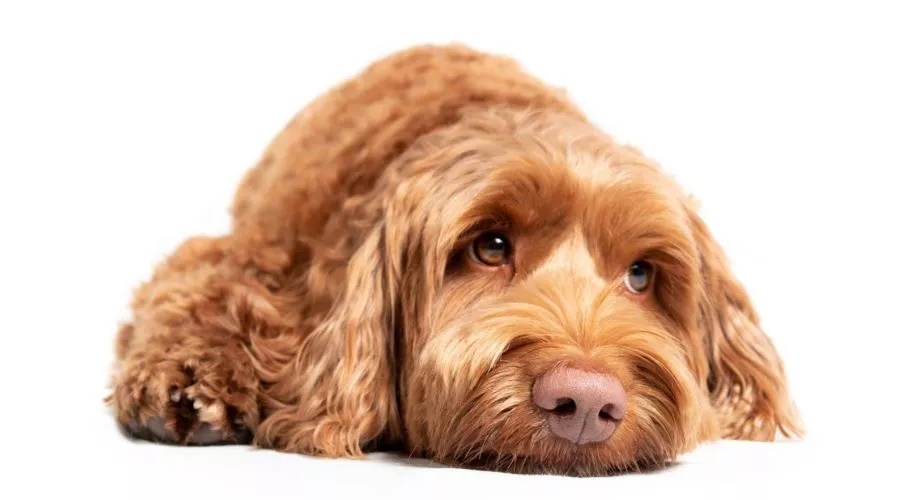
If your dog has eaten something spicy, they’re likely experiencing some upset stomach side effects.
Fortunately, some natural remedies can help to calm this. Ginger can be beneficial for soothing an upset stomach. Ginger can be used in many ways to calm a stomach.
You can add it to food, make ginger tea, or even use it topically for skin irritations. Ginger isn’t the only natural remedy for upset stomachs.
Herbal teas, including peppermint and chamomile, are also a great option. Teas are easy to use and won’t require you to give your dog any additional medication.
The importance of proper nutrition for dogs
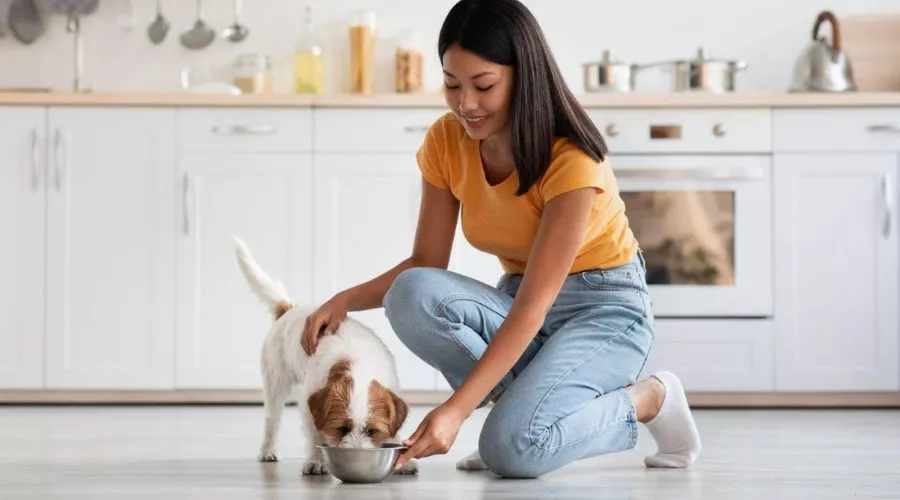
Dogs are omnivores and can safely eat many of the same foods humans do. That being said, dogs breathe through their mouths, so they don’t have the same ability to taste and appreciate the flavor of their food as humans do.
This means they need to get nutrients, not just taste, from their food. This means that while many human foods are safe for dogs, they might not have the same nutritional value as a dog-specific meal.
Because of this, it is important to choose healthy ingredients for your dog’s food. You can avoid situations where your dog eats something spicy or harmful.
The risks of long-term health problems from eating spicy food
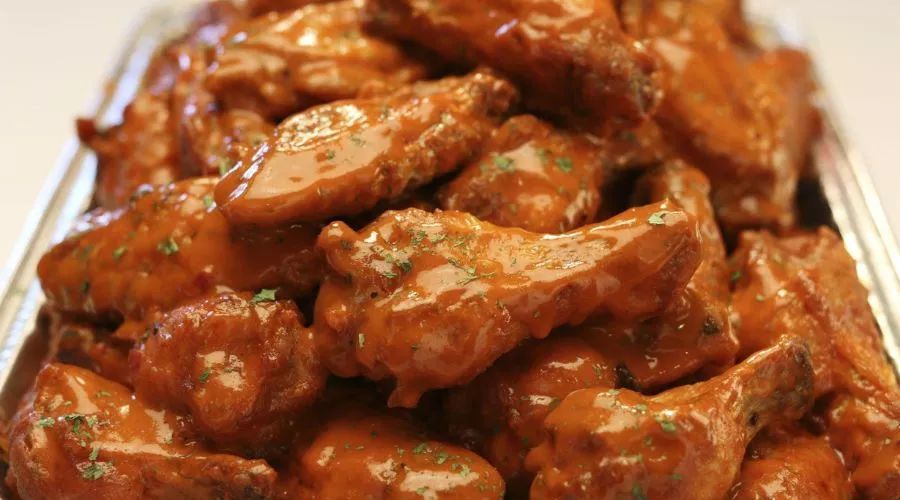
If your dog has eaten spicy food, there is a chance that it may have long-term digestive issues.
This is particularly true if your pup ate a large amount of food. These issues may include the following: These symptoms are often milder than their counterparts in short-term digestive upset.
This means they can go undetected for longer, making them even more challenging to treat. Whether or not your dog experiences these long-term issues depends on several factors.
One of the most important is their overall health. Regular exercise and a high-quality diet are two of the best things you can do to promote overall health.
What happens if a dog accidentally eats spicy food?
If your dog accidentally eats something spicy, it’s essential to keep a close eye on them and look out for any signs of discomfort.
Symptoms can range from mild to severe depending on the type and amount of spice consumed. Mild cases may include excessive drooling and pawing at the mouth due to irritation. Your pup may also experience a brief bout of diarrhea or vomiting.
These symptoms should pass within a few hours. In more severe cases, your dog may experience difficulty breathing or swelling of the face and throat due to an allergic reaction. If this happens, you should take your pup to the vet immediately.
If it’s known exactly what type of spice your pup consumed, it’s helpful to note it for the vet.
This will allow them to assess the situation better and determine the best course of action. It’s important to note that some spices can be highly toxic to dogs, including garlic and onions.
Even if your pup only consumes a small amount, it may still experience serious side effects. The best way to keep your pup safe is to keep all spices out of their reach.
Summary of key takeaways
If your dog has eaten something spicy, it’s essential to act quickly to prevent severe symptoms from occurring.
You’ll want to remove the food from your dog’s mouth, then use water or mouthwash to wash out their mouth.
You’ll also want to make sure your dog isn’t able to access the spice cabinet in the future. There are a few ways to calm an upset stomach, including herbal teas and ginger.
You’ll also want to ensure you’re feeding your dog a healthy diet to promote overall health. If your dog has eaten spicy food, acting quickly is essential.
The sooner you can treat the symptoms, the less severe they are likely to be. With quick action, you can ensure that your dog is safe and healthy.
FAQS
What to give my dog after eating spicy food?
if your dog has eaten something spicy, you should look for any signs of discomfort, such as drooling, vomiting, or diarrhea.
If your pup displays any of these symptoms, it’s best to take them to the vet immediately. In the meantime, you may want to give your dog some soft foods that won’t irritate its digestive tract.
You can choose bland diets like boiled white rice with cooked chicken, boiled potatoes, or boiled ground beef. You can also give your pup a bit of plain yogurt or cottage cheese to help cool things down.
It’s important to note that if you’re giving your pup dairy products like yogurt or cottage cheese, you should ensure that it doesn’t contain any added sugar, as this could worsen their symptoms. You may also want to consider giving your pup some bone broth, an excellent electrolyte source with naturally soothing properties.
You can make bone broth yourself by boiling bones in water for several hours and then straining them. Finally, it would help if you gave your pup plenty of water to stay hydrated and help flush out any spicy food they’ve eaten.
Make sure you offer them small amounts of water at a time, so they don’t drink too quickly and make themselves sick.
Can spicy things hurt dogs?
Yes, spicy things can hurt dogs. Just like humans, dogs can have very sensitive stomachs and be affected by the same foods that would affect us. In particular, spicy foods like chili peppers, cayenne pepper, and hot sauce can be very irritating to a dog’s digestive system. These foods can cause vomiting, diarrhea, and even abdominal pain for your pup. It’s important to note that some dogs can tolerate spicy foods better than others, so if you’re considering giving your pup something with a kick, do it in moderation. Start with a small amount and see how your pup reacts. It’s always a good idea to check with your veterinarian before introducing any new food into your dog’s diet, especially something as potentially dangerous as spicy foods. Your vet can advise what food is best for your pup and the right amount to feed them. Generally, it’s best to avoid feeding your pup anything too spicy. Stick to treats and meals specifically designed for dogs, usually safe and healthy.





